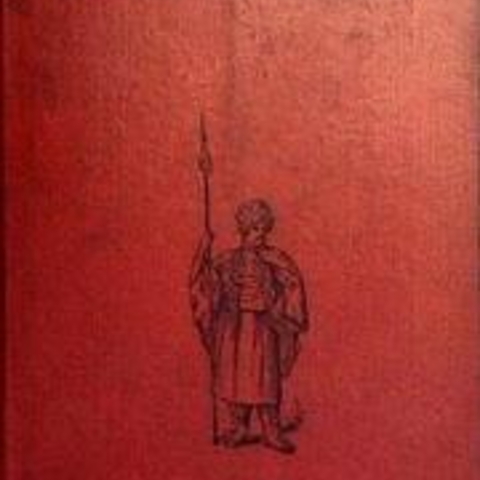
Frederick Greene's book "The Armenian Crisis in Turkey" helped arouse American public opinion in favor of humanitarian intervention.

A logo for the 2011 NATO operation in Libya
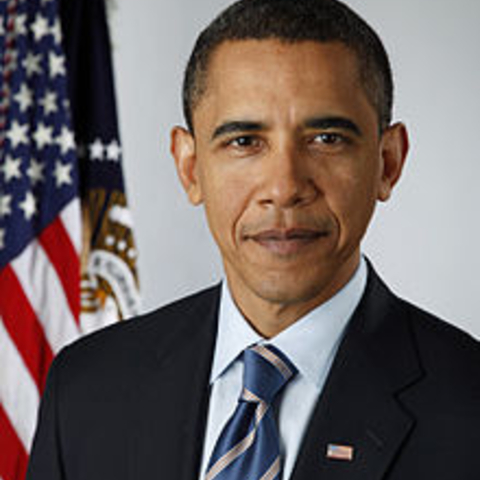
Current U.S. President Barack Obama
Source: official White House photo
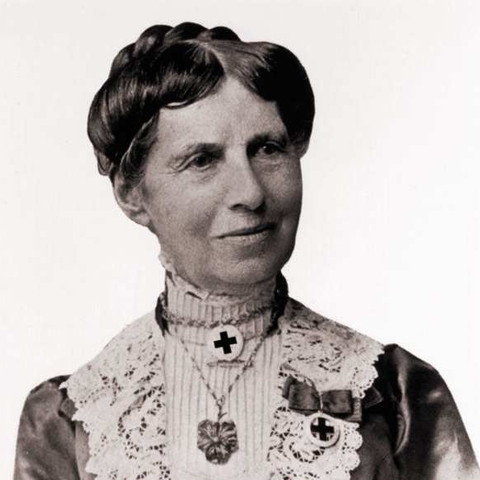
Humanitarian activist Clara Barton in 1902
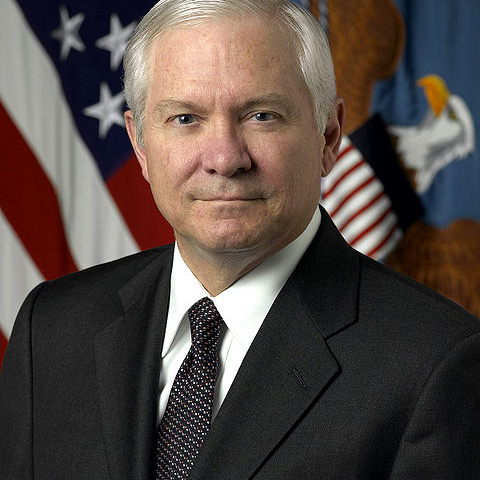
Robert Gates, U.S. Secretary of Defense from December 2006 to July 2011
Source: official White House photo
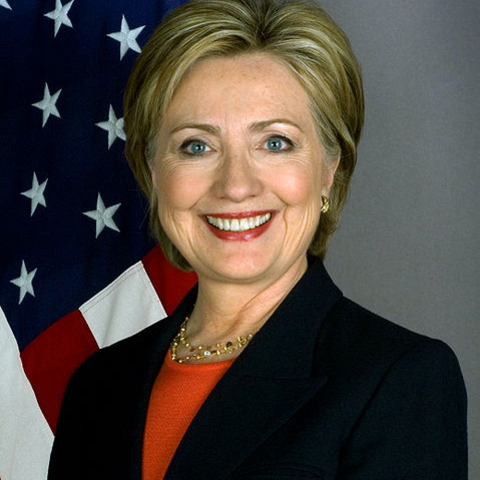
Current U.S. Secretary of State Hillary Rodham Clinton
Source: official White House photo
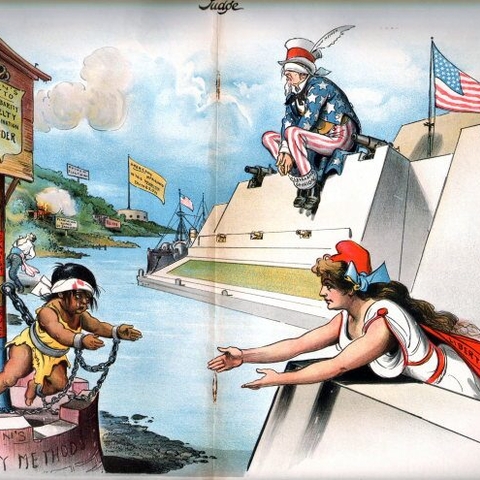
In this 1897 political cartoon about U.S. intervention in Cuba, the American people (symbolized by Columbia, with arms outstretched) offer aid to the Cubans while the U.S. government (Uncle Sam) remains blind to the Cubans' plight.
Source: Judge magazine
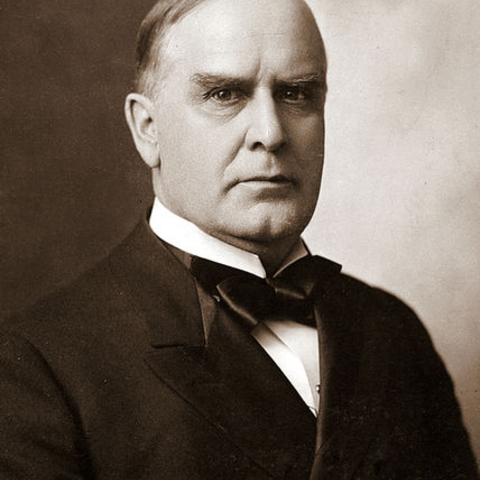
William McKinley, 25th President of the U.S., in 1896
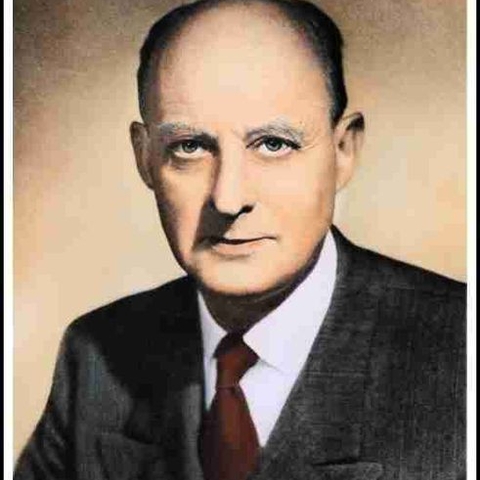
Reinhold Niebhur, a theologian and public intellectual who developed Christian Realism
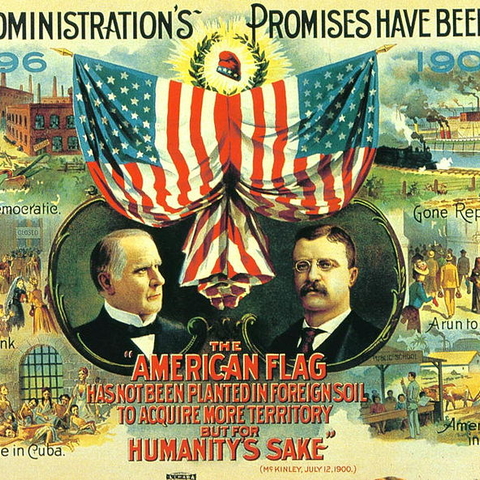
This 1900 campaign poster for William McKinley and Theodore Roosevelt reads, "The American flag has not been planted in foreign soil to acquire more territory but for humanity's sake."
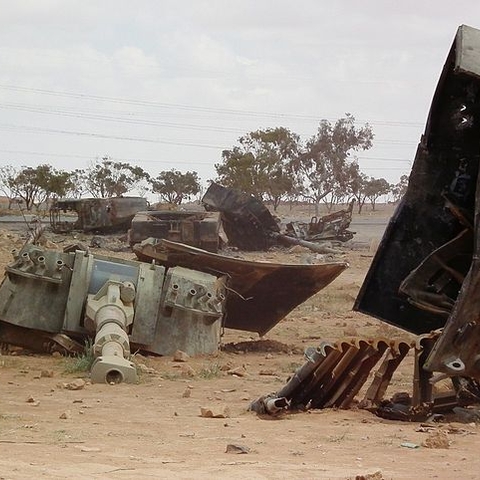
Military equipment belonging to Qaddafi's forces was destroyed by French airplanes outside Benghazi in March 2011
Source: photo by Bernd Brincken
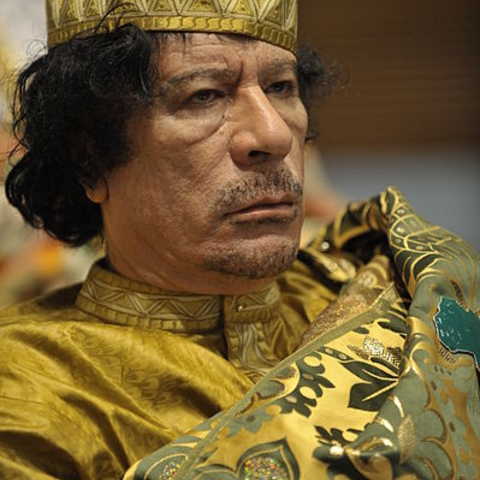
Muammar Qaddafi, official and unofficial leader of Libya from 1969 to 2011
Source: U.S. Navy photo
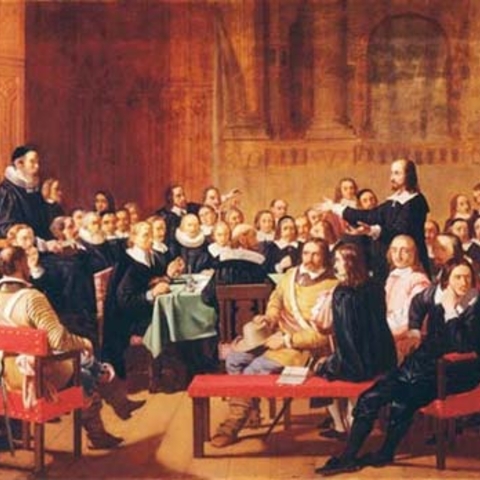
Painting of an assembly of Puritans working out an agreement on a Reformed theology
Source: by John Rogers Herbert
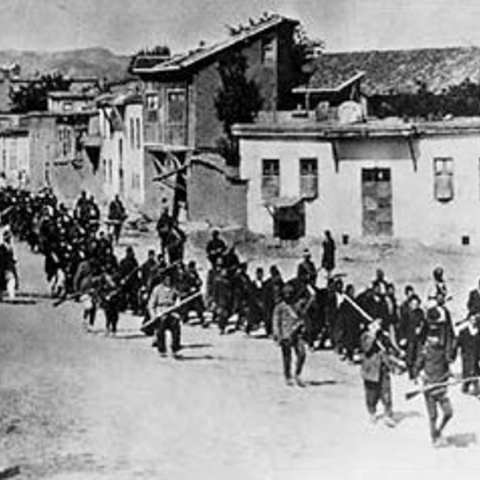
Ottoman soldiers march Armenian citizens to prison in 1915
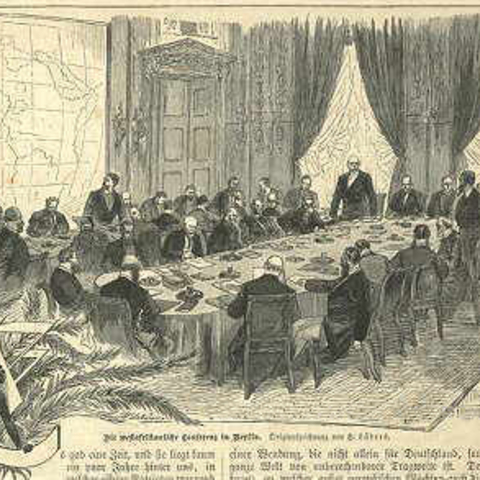
Illustration of the 1885 Berlin Conference which resulted in the partition of Africa among colonial powers
Source: from the German magazine Gartenlaube
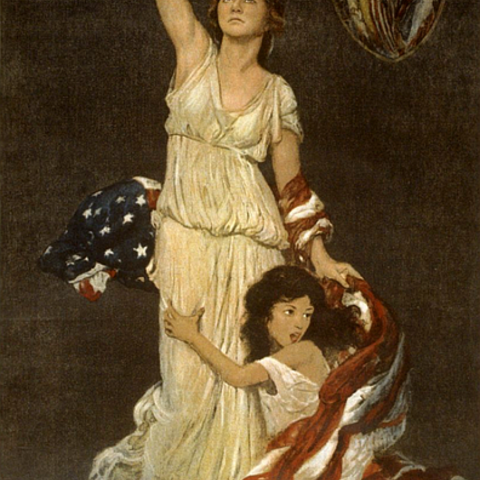
Fundraising poster for the American Committee for Relief in the Near East, which aided Armenians during their genocide by the Ottomans
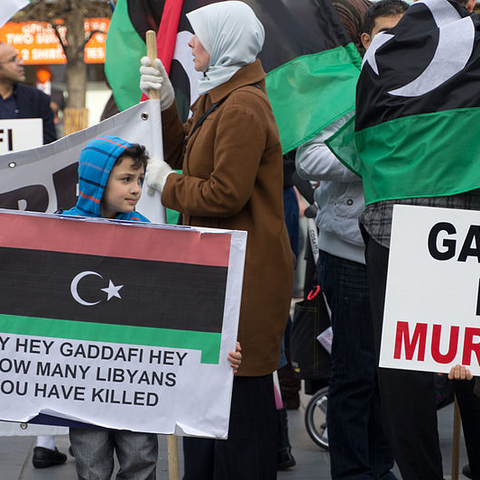
Citizens in Dublin protest Qaddafi's civil war tactics in March 2011
Source: photo by William Murphy
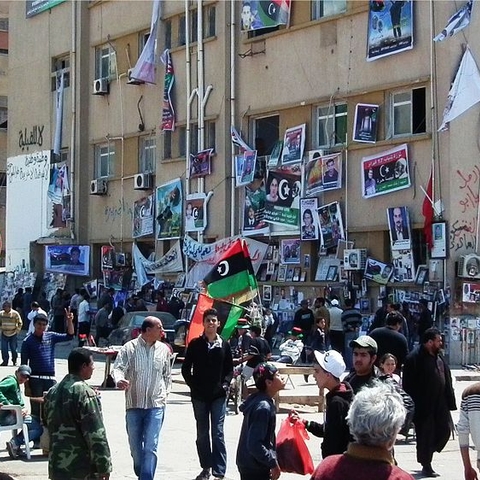
The courthouse square in Benghazi was an informal home to demonstrations and organizations against Qaddafi in April 2011. The walls of the courthouse are covered with photos of rebel casualties.
Source: photo by Bernd Brincken
